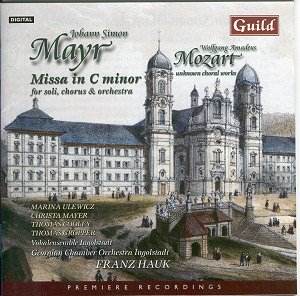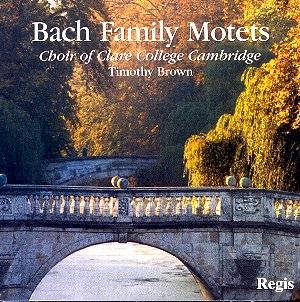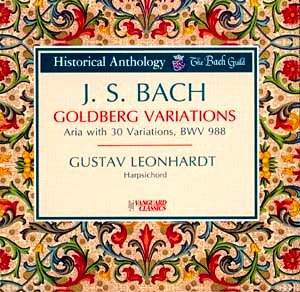 Composer: Johann Simon Mayr
Composer: Johann Simon Mayr
Works: Mass in C minor, Mozart Salve Regina, Quis te comprehendat, In te Domine speravi
Performers: Marian Ulewicz (soprano), Christa Mayer (alto), Thomas Cooley (tenor), Thomas Gropper (bass), Vokalensemble Ingolstadt, Georgian Chamber Orchestra, Franz Hauk (conductor)
Recording: DDD
Label: Guild GMCD 7231
Johann Simon Mayr, born in 1763, occupies a curious niche in the pantheon of classical composers—an overlooked figure whose works, particularly in sacred music, reveal a complex interplay of tradition and innovation. The present recording of his Mass in C minor, coupled with selected Mozart motets, offers a valuable glimpse into Mayr’s stylistic synthesis, wherein the sacred intersects intriguingly with secular influences, reflecting the broader musical trends of his era.
The Mass in C minor opens with a Kyrie that is marked by both its tunefulness and, at times, an unsettling lack of reverence. The melody, while engaging, evokes a sense of déjà vu, reminiscent of Beethoven’s Piano Trio in C minor, Op. 1. This raises questions about the balance between musicality and the gravity traditionally expected in sacred settings. The quartet singing, featuring the commendable Vokalensemble Ingolstadt, is indeed a highlight, showcasing their blend of clarity and expressiveness that elevates the initial impression of the work.
However, the subsequent Gloria introduces a jarring shift; its catchy yet trivial theme distracts from the solemnity of the text, presenting a challenge for listeners who seek depth in liturgical music. The unison passages, while effective in drawing the ensemble together, risk tedium with their repetitive simplicity. This juxtaposition of lightheartedness within a sacred context mirrors the influence of comic opera, a genre to which Mayr was no stranger, yet it feels disjointed in this setting. The Gratias agimus section, however, provides a moment of exquisite beauty, suggesting that within this Mass, Mayr’s gift for melody shines through, even amidst the incongruities.
The Credo offers an unyielding motif that echoes the opening of the Gloria, serving as both a structural anchor and a point of frustration. One wonders how to reconcile the moments of genuine beauty with sections that feel labored or overly simplistic. The music’s abrupt shifts—from serene passages led by a solo violin to bombastic choral declarations—speak to Mayr’s eclectic style but also raise concerns about cohesion and focus. The fugal Hosanna and the peculiar Et Resurrexit, reminiscent of playful whimsy, further complicate the work’s overall impression, leaving one to ponder the appropriateness of such levity in a sacred Mass.
In contrast, the Mozart selections, though brief, display a mastery of the sacred genre that Mayr’s Mass often lacks. The Salve Regina, with its profound lyricism and emotional depth, serves as a reminder of Mozart’s unparalleled ability to navigate the sacred and the sublime. While the performances are competent, capturing the essential qualities of the pieces, they do not quite reach the heights of interpretative insight found in more established recordings.
Sound quality in this release is commendable, allowing the intricate textures of the orchestration and choral parts to emerge clearly. The engineering supports the performance well, though one might wish for a bit more warmth in the orchestral timbres to enhance the overall listening experience.
Evaluating Mayr’s Mass is a complex endeavor, as it oscillates between moments of brilliance and stretches of frustration. It presents a fascinating study in the evolution of sacred music, revealing how the boundaries of genre were increasingly blurred in the late 18th and early 19th centuries. The juxtaposition of comic operatic elements within liturgical settings may not resonate with all listeners, yet it undeniably invites reflection on the nature of sacred music itself. The recording, while flawed, is an engaging entry point into Mayr’s oeuvre, showcasing both the composer’s strengths and his inconsistencies.



